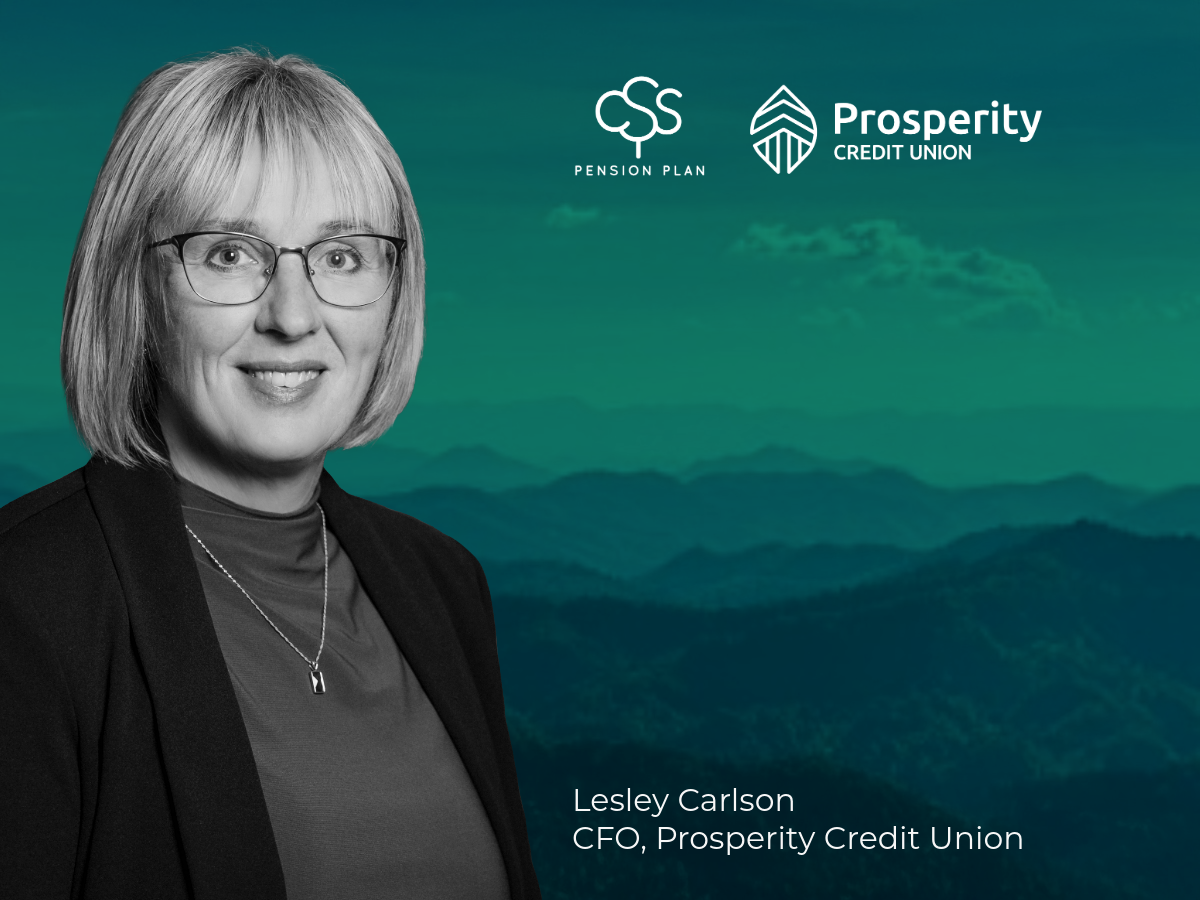

At CSS, we are earnest students of the intersection of finance and psychology, human biases and how these things can be harnessed and managed to help our members achieve financial security in retirement.
We’ve recently had the good fortune of reading The Psychology of Money by Morgan Housel. The author does an excellent job of delving into the psychological factors that influence our decisions about money.
One of the book's key insights is the idea that financial success is not about beating the market or finding the perfect investment strategy, but rather about mastering our own behaviour. The author argues that understanding our own biases and tendencies is crucial for building wealth over the long term.
The anecdotes and research referenced throughout the book help us to gain a deeper understanding of how our minds influence our money decisions. It’s as applicable to seasoned investors as it is those just starting out on their financial journey; the book focuses on providing valuable lessons that can help us all achieve financial success and peace of mind.
If you have the opportunity to read the book, we highly recommend it. However, if you don’t have the time for the full book, we’ve taken the liberty of summarizing some of the key takeaways below.

Your life experiences form your view of the world and money
People’s experiences significantly influence their feelings toward money. For example, if you were a young adult in a bull market, you are more likely to invest in stocks than people who grew up in a more sluggish one. Your grandparents’ and parents’ (and your kids’) views about money and what investment decisions seem rational or reasonable may differ significantly because they are heavily anchored to the experiences they’ve had in their own generation.
Making money requires one skill set, keeping money requires another
Taking risks is a necessary part of making money, but to hold on to your money, it takes humility and a healthy dose of fear of losing it. Some investors try to hedge by studying the past; while history provides information on unexpected happenings in the past, it doesn’t foresee the future. The reality is that new, never before experienced situations emerge constantly. Be prepared and expect that your investing and retirement plans won’t come to fruition in the way your current planning envisions. Providing a “margin of safety” allows you to have flexibility when the randomness of life, politics or economics affects your desired outcome.
Financial knowledge doesn’t guarantee sustained wealth
Psychology probably has more to do with your ultimate financial success than your math skills. How many of us know stories of people in modest circumstances accumulating great wealth and well-educated financial professionals going bankrupt?
How luck and risk play a part in your life and financial success
The author offers an interesting story about how Bill Gates lucked out in that his high school was one of the very few in the country that had a computer; Gates admits that without his experience with the computer at his high school, Microsoft would never have existed. Be wary of assuming your hard work and judgment are the entire basis of all your financial results; risk and luck play a large role.
Don’t let people with a different financial goal guide your financial decisions
How saving small amounts of money regularly can affect your eventual wealth is counterintuitive. The goal is not to find that one-in-a-million stock, but to find investments with fairly good returns that you can hold for the long-term.
The phenomenon of bubbles in the market underscores what can happen when short-term thinking becomes widespread. Bubbles build and burst for many reasons, but greed usually plays a major part. The concept that a stock has a “rational price,” isn’t rational, it depends on your goals. For short-term traders looking to cash in by the afternoon on stock purchased in the morning, paying an otherwise highly inflated price per share might make sense because they only want the price to be higher by the end of the day. But for long-term investors, letting day-traders or other short-term investors and market pundits influence our investing decisions can be disastrous.
Knowing when you have enough is a valuable lesson
Emotional financial decisions can be devastating when you base them upon how much money others possess. People who aren’t satisfied with what they have can easily lose it all while grasping for more; Bernie Madoff might be an extreme example of that – he was extremely wealthy by any measure yet destroyed his successful, legitimate business by orchestrating one of the largest Ponzi schemes in history because he felt he didn’t have enough.
Comparing your finances with other people’s is a losing battle. Feeling that you have enough, even if it’s less than someone else has, is the way to win.
Financial advisers provide valuable information, but only you truly know your goals so the final decision is up to you
Financial advisers have crucial knowledge, including “universal truths in money.” Each individual, however, must decide for herself or himself what path to take. The following might help you in how you think about your money and wealth creation:
-
Prioritize saving over showcasing wealth – Accumulating wealth begins with prudent saving. It's essential to keep your ego in check to achieve your financial goals.
-
Assess your risk tolerance – While higher risks can yield higher returns, it's crucial to evaluate what level of risk allows you to sleep soundly at night. If anxiety accompanies your decisions, consider adjusting your approach.
-
Extend your investment horizon – Lengthening your investment timeline helps mitigate losses and enhances overall growth potential.
-
Align your financial goals with personal freedom – Happiness often stems from a sense of control in life. Even modest savings can grant you greater freedom and autonomy.
-
Stay humble – Remember that you’ll gain the admiration you want from “kindness and humility,” not from a new Rolex.
-
Change your view of saving – Traditionally, you may have saved money for a specific purpose. The future can bring any number of unknown emergency situations. If you save for such unknowns, you’ll be better situated to handle them.
-
Calculate your risk – Risk can be rewarding over time, but risk that extends you too much can ruin you.
-
Know your own financial goals – Understand your personal financial objectives. Avoid letting external influences like financial advisors or TV commentators dictate your decisions. Make sure that your choices align with your own desires and necessities.
Reference:
Housel, M. (2020). The Psychology of Money. Harriman House.
Article from the Spring/Summer 2024 issue of TimeWise







.png)








































